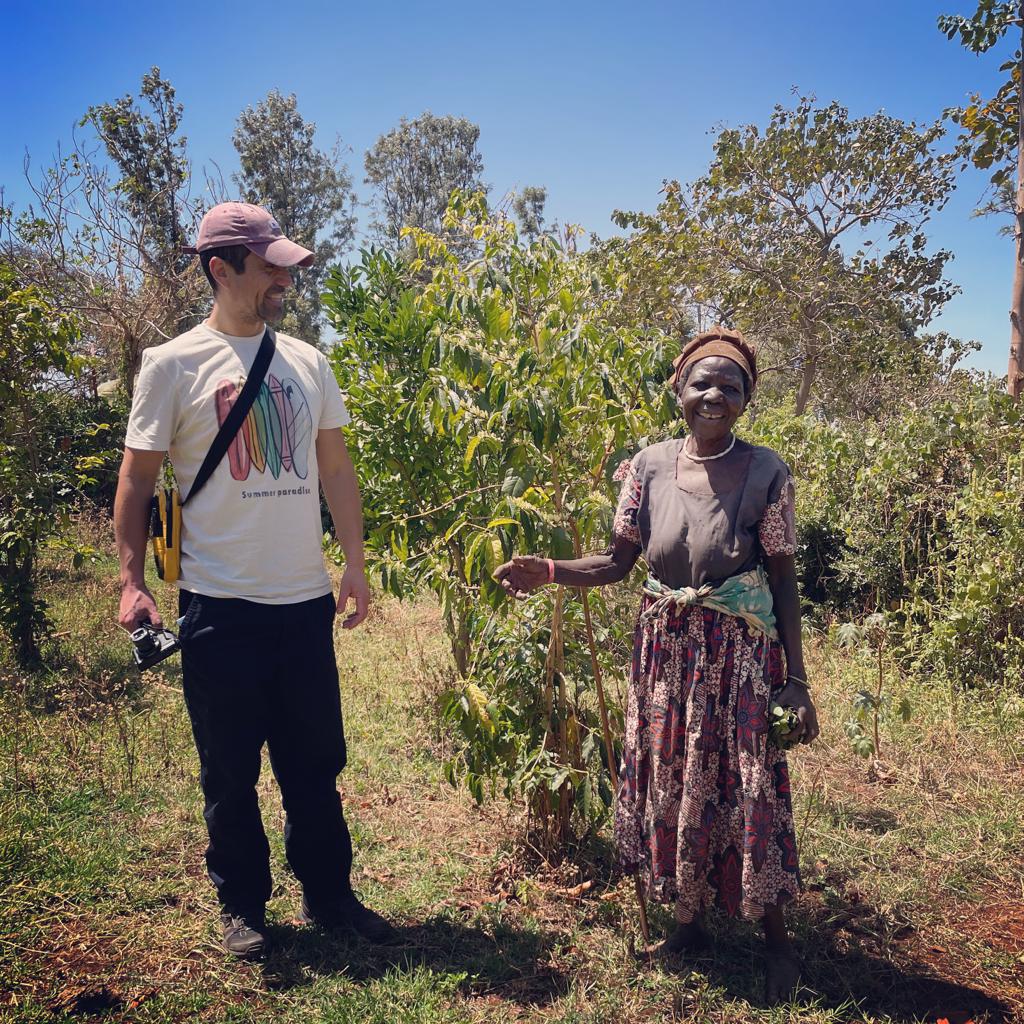So, where is all that potential when it comes to cupping?
Despite the numbers, Uganda has historically been a tea country. Due to the influence of the British rule since the 19th century, tea was introduced and has been the favourite morning drink for Ugandans since then.
Another factor, is that the trading of Coffee in Uganda was controlled by the government until 1991, since then the Ugandan Coffee Federation (UCF) has been in charge of the promotion and improving quality of the industry.
But these 30 years has not been easy for the UCF, the challenges have been many and the coffee prices low. That has created a lack of training, research and investment, especially among small farms. And today we have farms located at 2,000 masl, cultivating SL28 varieties on rich volcanic soils, washing parchment on buckets, because there are no washing stations in the area with pulpers, fermentation tanks or washing channels.
To unleash the great potential of Ugandan coffee, there has to be in place an investment strategy focusing on develop infrastructure, more specifically washing stations and milling facilities close to where the small farmers are.
Specialty coffee is not the future but the present, so hopefully soon we’ll be able to say: ENJOY YOUR UGANDAN COFFEE!



 RSS Feed
RSS Feed